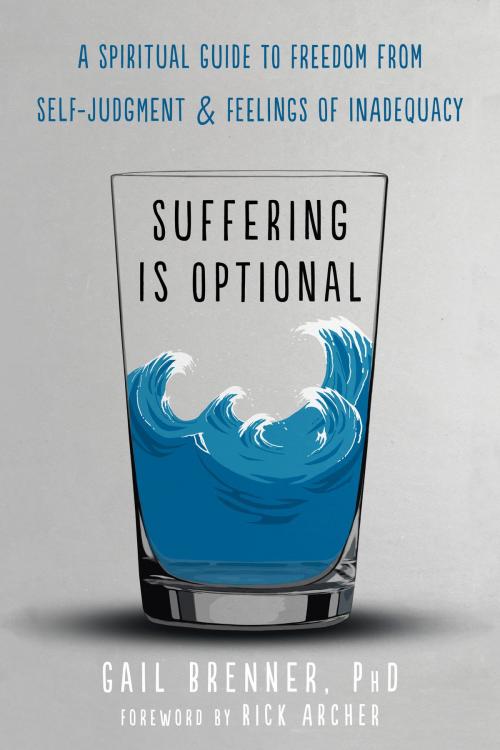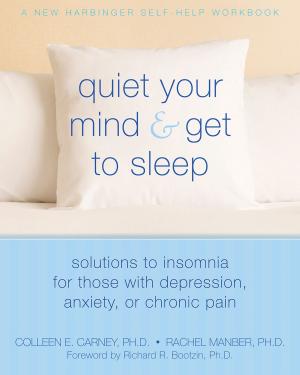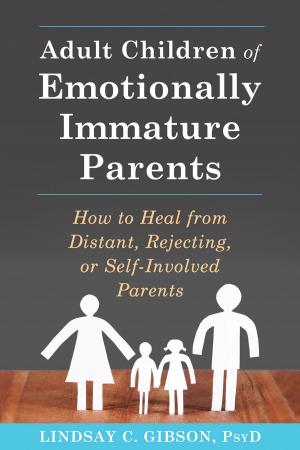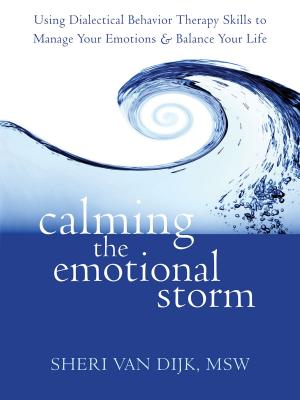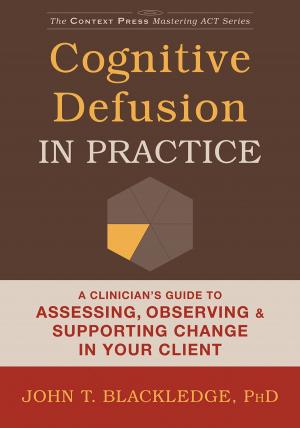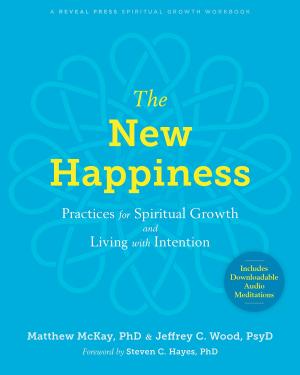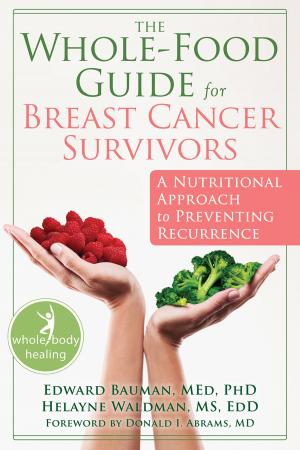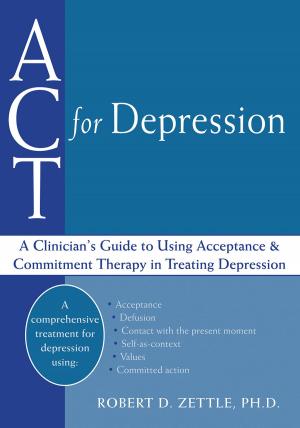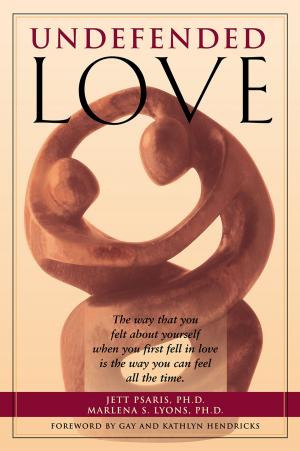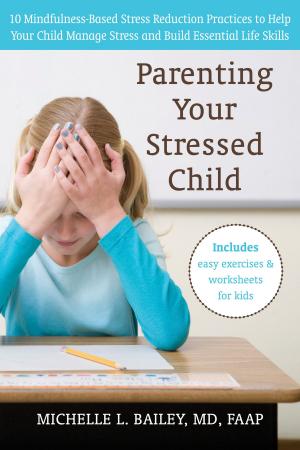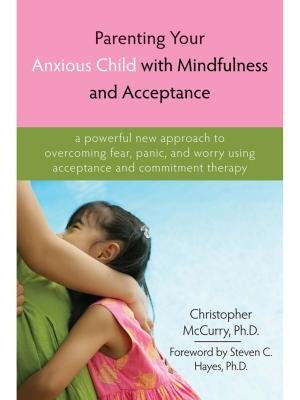Suffering Is Optional
A Spiritual Guide to Freedom from Self-Judgment and Feelings of Inadequacy
Nonfiction, Health & Well Being, Psychology, Mental Health, Religion & Spirituality, New Age, Personal Transformation, Self Help, Self Improvement| Author: | Gail Brenner, PhD | ISBN: | 9781684030170 |
| Publisher: | New Harbinger Publications | Publication: | June 1, 2018 |
| Imprint: | Reveal Press | Language: | English |
| Author: | Gail Brenner, PhD |
| ISBN: | 9781684030170 |
| Publisher: | New Harbinger Publications |
| Publication: | June 1, 2018 |
| Imprint: | Reveal Press |
| Language: | English |
If you struggle with self‑defeating thoughts and feelings of inadequacy, you are not alone. We’ve all felt inadequate, believing that we’re broken or otherwise unworthy. But this doesn’t have to be a life sentence. Presenting four guiding principles and five core practices based in deep spiritual wisdom, Suffering Is Optional reveals how to liberate yourself from the prison of false self‑beliefs holding you back.
Millions of people feel that they are not good enough. They may struggle every day, seeing themselves as deficient, pathetic, or damaged, and destined to fail. They convince themselves they aren’t worthy of love or respect, and view themselves with self-hatred. When you believe and cling to painful, self-defeating thoughts like “I can’t do it,” “It won’t work,” or “I’m a loser,” they become your personal reality—and the more you repeat them, the more you believe them, until they come to define you. Sadly, these limiting self-definitions lead to even more pain and suffering: hidden shame, problems in relationships, opportunities lost, and a life not fully lived.
In Suffering Is Optional, clinical psychologist Gail Brenner offers practical ways to discover that you are not what your thoughts tell you you are. Rather than showing you how to become a better version of yourself, this book goes straight to the heart of the problem—that you’ve mistakenly identified yourself as broken and undeserving—to guide you out of these limiting thoughts and into an investigation of the nature of reality that ultimately liberates you from your suffering. With these exercises, experiments, reflections, practices, and inspiring stories, you’ll have a spiritual solution to your personal problem of limitation and self-sabotage.
Using the four guiding principles and five core practices presented in this book—including turning toward direct experience, grounding in aware presence, losing interest in thoughts, welcoming feelings, and the sacred return to presence—you’ll be able to shed your false identity and wake up to the inherent peace and happiness that is available to you in any given moment.
If you struggle with self‑defeating thoughts and feelings of inadequacy, you are not alone. We’ve all felt inadequate, believing that we’re broken or otherwise unworthy. But this doesn’t have to be a life sentence. Presenting four guiding principles and five core practices based in deep spiritual wisdom, Suffering Is Optional reveals how to liberate yourself from the prison of false self‑beliefs holding you back.
Millions of people feel that they are not good enough. They may struggle every day, seeing themselves as deficient, pathetic, or damaged, and destined to fail. They convince themselves they aren’t worthy of love or respect, and view themselves with self-hatred. When you believe and cling to painful, self-defeating thoughts like “I can’t do it,” “It won’t work,” or “I’m a loser,” they become your personal reality—and the more you repeat them, the more you believe them, until they come to define you. Sadly, these limiting self-definitions lead to even more pain and suffering: hidden shame, problems in relationships, opportunities lost, and a life not fully lived.
In Suffering Is Optional, clinical psychologist Gail Brenner offers practical ways to discover that you are not what your thoughts tell you you are. Rather than showing you how to become a better version of yourself, this book goes straight to the heart of the problem—that you’ve mistakenly identified yourself as broken and undeserving—to guide you out of these limiting thoughts and into an investigation of the nature of reality that ultimately liberates you from your suffering. With these exercises, experiments, reflections, practices, and inspiring stories, you’ll have a spiritual solution to your personal problem of limitation and self-sabotage.
Using the four guiding principles and five core practices presented in this book—including turning toward direct experience, grounding in aware presence, losing interest in thoughts, welcoming feelings, and the sacred return to presence—you’ll be able to shed your false identity and wake up to the inherent peace and happiness that is available to you in any given moment.
